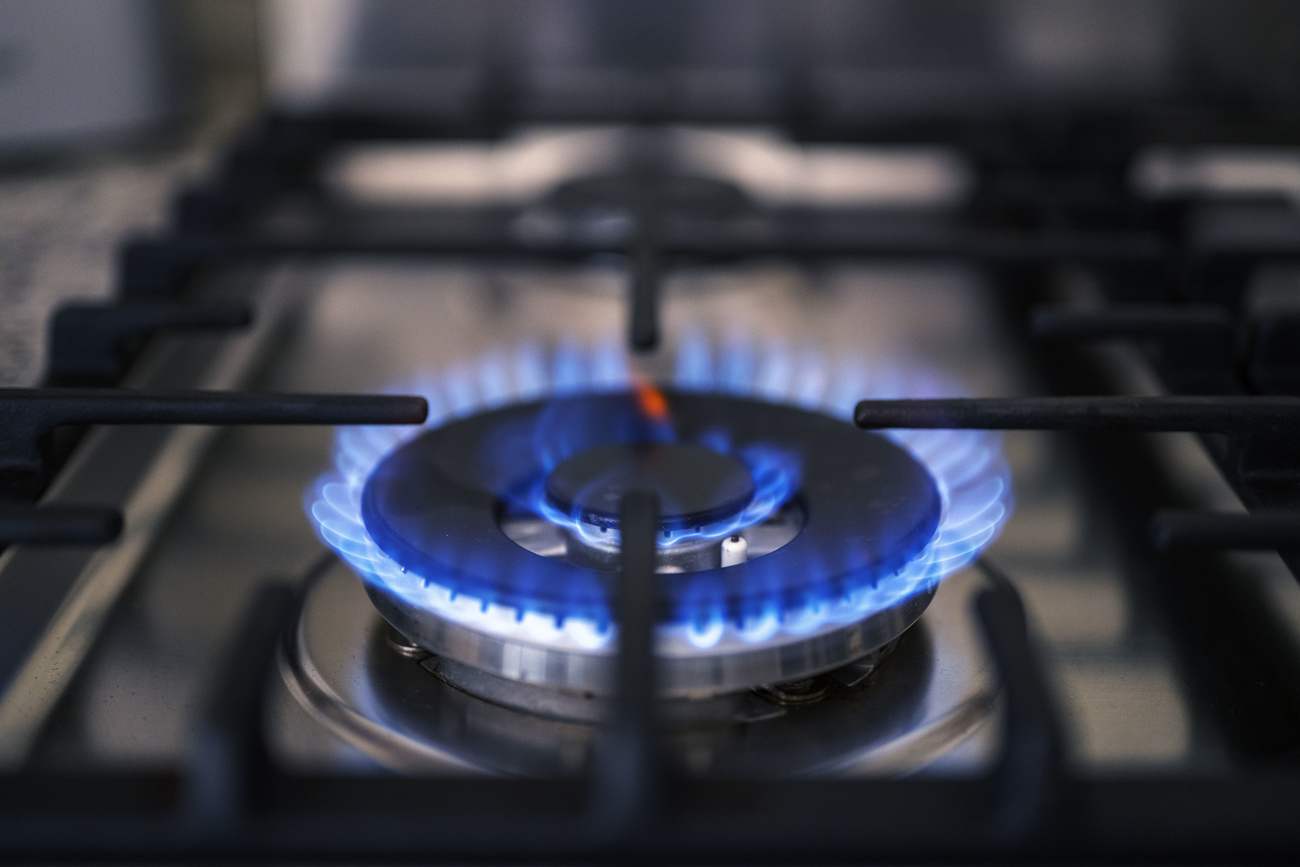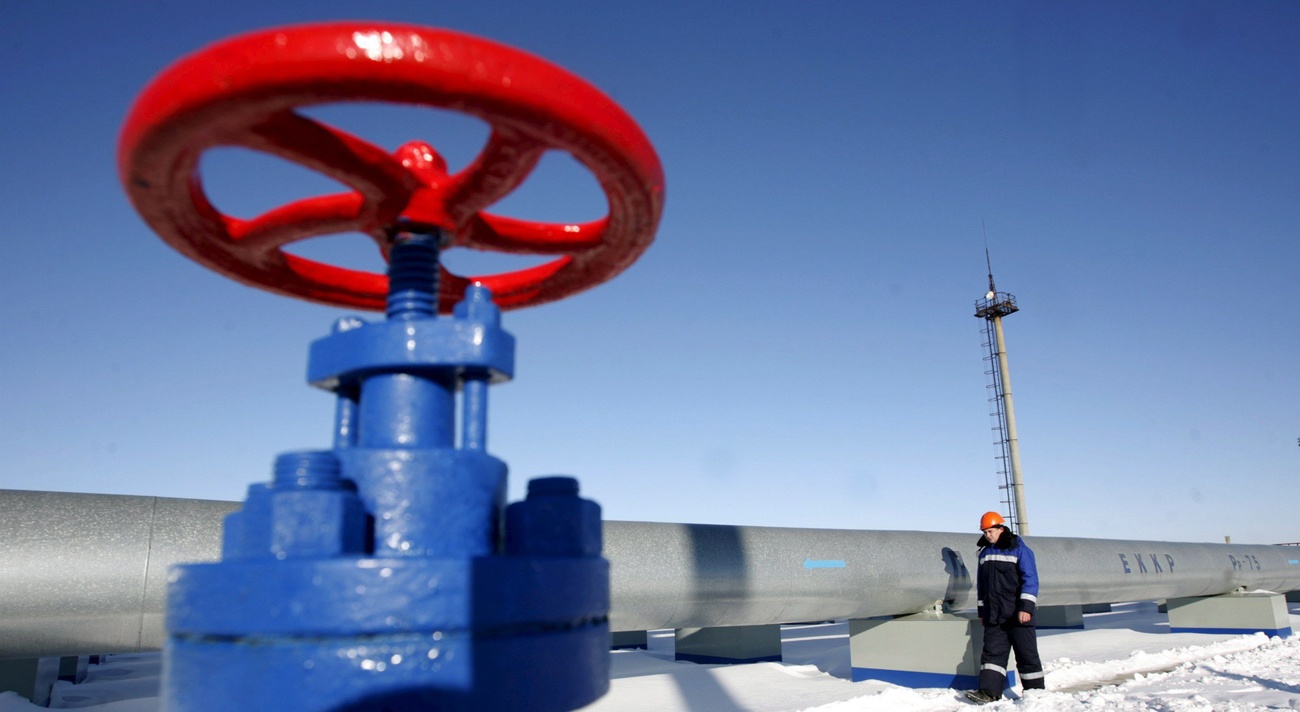
Switzerland backs European plans for joint gas storage

Switzerland has signed a declaration along with six other European states in favour of pooling gas storage facilities.
Switzerland, Germany, Austria, Belgium, France, Luxembourg and the Netherlands signed the declarationExternal link on Wednesday, pledging to work towards coordinating storage efforts on a regional level.
The agreement, which is not legally binding, comes after the European Commission announced plans to mandate natural gas storage for EU members each winter, as well as to coordinate joint purchases of non-Russian gas.
Pursuing this joint approach makes sense for non-EU member Switzerland because the country is also affected by the turbulent gas market and lacks significant storage capabilities, according to a statement published by the energy ministry late on Wednesday.
Fear of shortage
It also comes as Switzerland – even before the Ukraine war – has been assessing options for avoiding possible future energy shortages. Last October, the Federal Electricity Commission first sounded the alarm over energy security in the absence of a deal with the EU.
In February, the government announced plans to set up a hydropower reserve by winter 2022/2023, whereby companies operating Alpine dams and hydro plants will stock extra energy in return for an unspecified fee.
It also instructed the energy ministry to draw up plans to build new reserve gas power plants by 2025-2026, “to be available in the event of extraordinary shortages”.
Amid wider calls to cut back on dependence on Russian gas imports, the president of the Federal Electricity Commission told the Neue Zürcher Zeitung newspaper on Thursday that fully cutting out Russian imports could mean the need to ration supplies.
Werner Luginbühl also said that Switzerland, which consumes 1% of total EU gas needs, is dependent on a European solution. The question is whether the EU will manage to procure enough gas from non-Russian sources.

More
What the Ukraine war means for Switzerland’s energy policy

In compliance with the JTI standards
More: SWI swissinfo.ch certified by the Journalism Trust Initiative

















![The four-metre-long painting "Sonntag der Bergbauern" [Sunday of the Mountain Farmers, 1923-24/26] had to be removed by a crane from the German Chancellery in Berlin for the exhibition in Bern.](https://www.swissinfo.ch/content/wp-content/uploads/sites/13/2025/12/01_Pressebild_KirchnerxKirchner.jpg?ver=8f77363a)











You can find an overview of ongoing debates with our journalists here . Please join us!
If you want to start a conversation about a topic raised in this article or want to report factual errors, email us at english@swissinfo.ch.